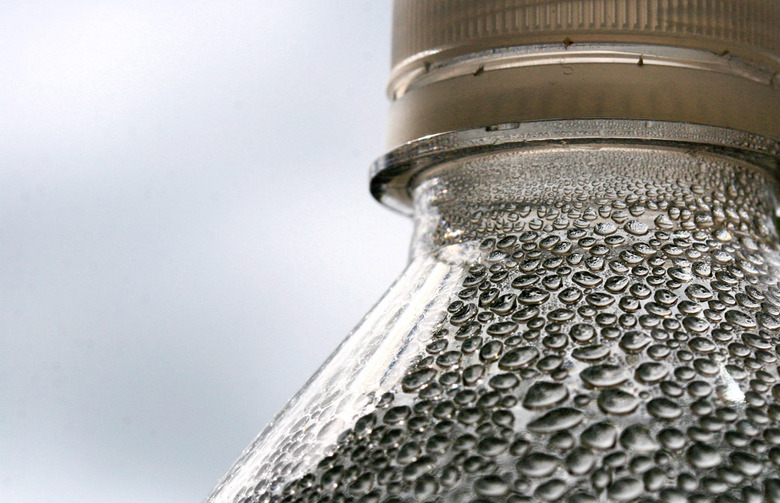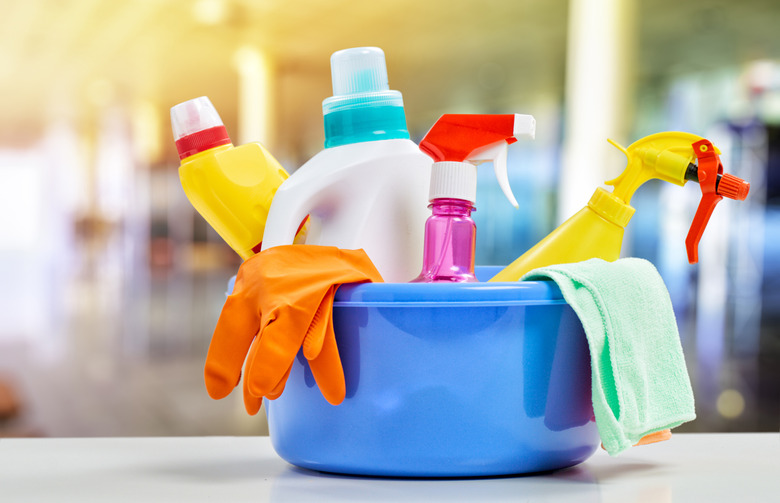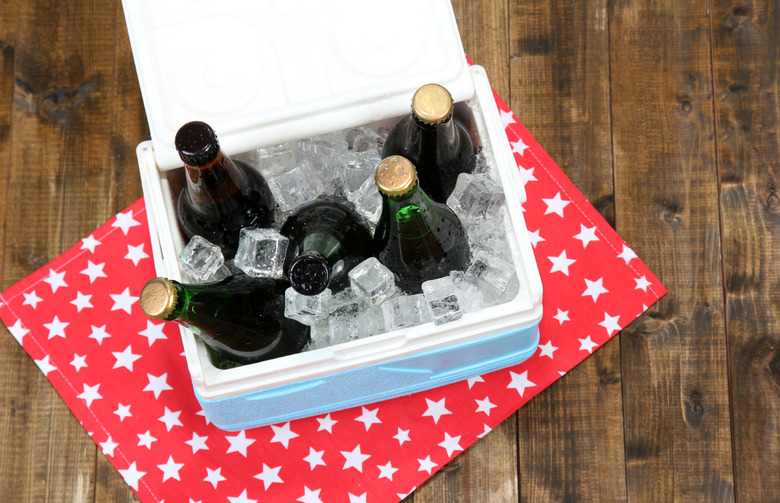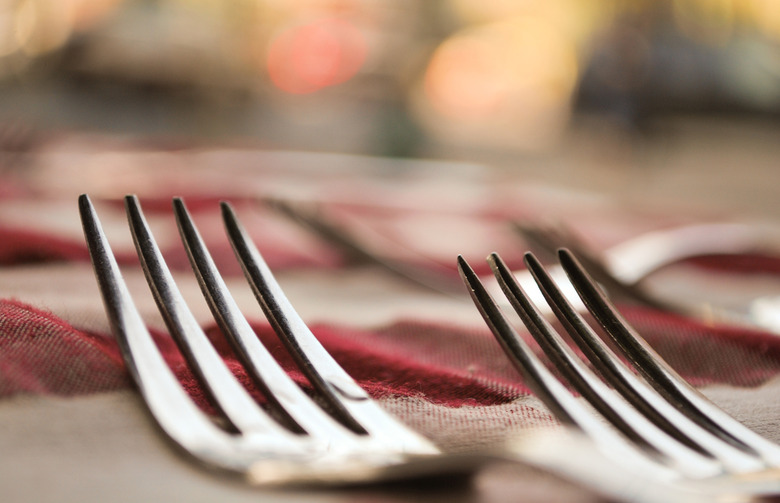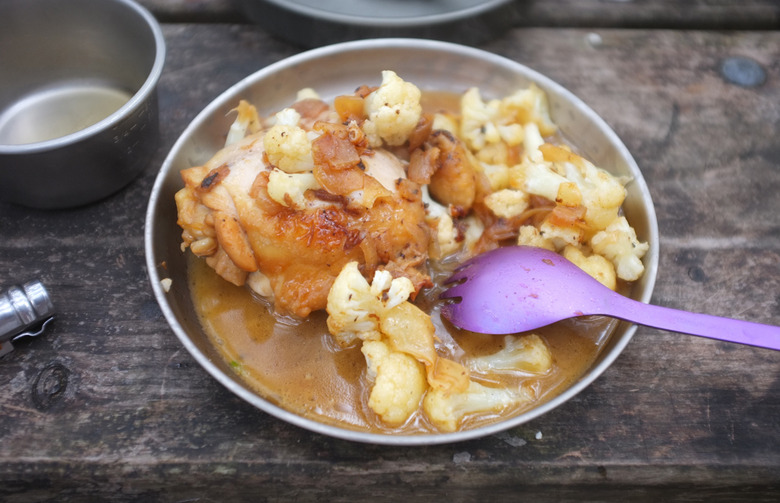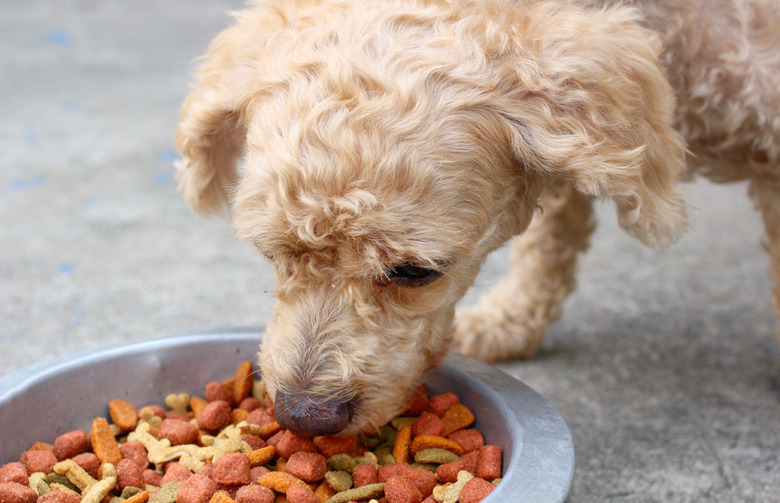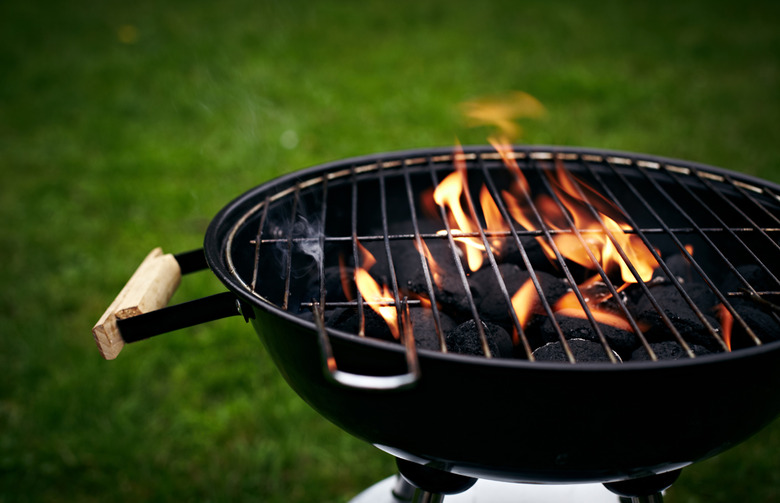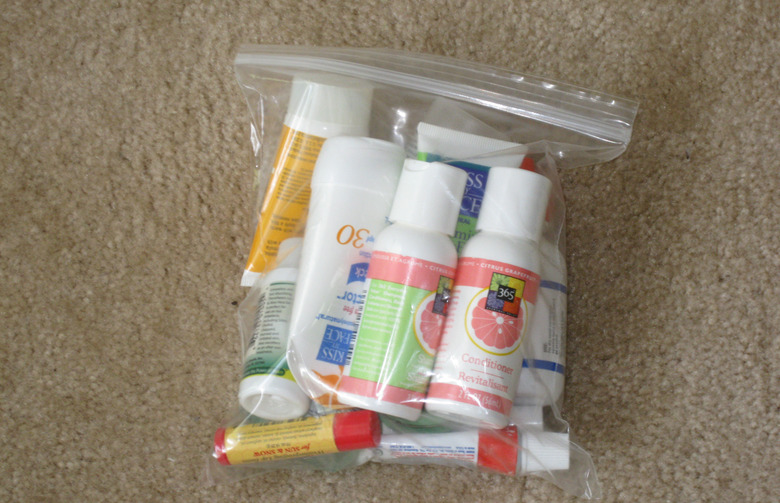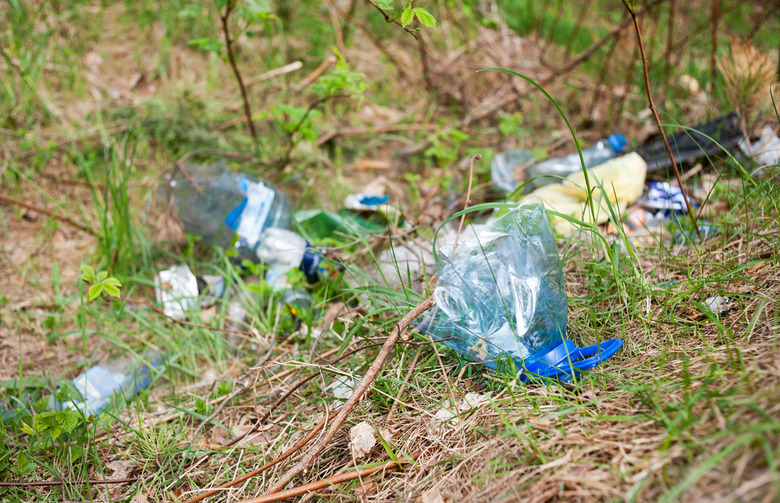The 9 Items Most Likely To Attract A Bear To Your Campsite
One of the coolest things about camping is the fact that you may be sharing the habitat of more than a few wild animals — but it's also one of the scariest things to think about. And because camping is all about respecting nature, it's pretty important to make sure that while visiting any ecosystem, you don't disrupt the lives of any permanent residents — especially those who are bigger, faster, and stronger than you.
We first turned to experts at the National Park Service to ask what kinds of foods would be most likely to attract bears and other animals, but the answer, it turns out, is a little too simple to break down: pretty much all of it.
"Bears are omnivores, consuming a variety of plant- and animal-based meals throughout the months that they are not hibernating," says Kati Schmidt of the National Park Service. "When it comes to foods that are meant for us humans, 'all of the above' is the general answer for foods that may attract animals to your campsite."
Bottled Beverages, Even Water
Drinks in cans and bottles, including water, may be worth opening for a foraging bear. Don't take the risk of leaving them out in the open.
Cleaning Supplies
Even the items you brought with you to diminish the scent of humans are capable of getting an animal's attention.
Coolers
Just because the cooler is closed does not mean it's safe. As "super-smellers," bears can seek out food odors a lot faster than you can pack up and run away.
Dishes and Utensils
You might think those utensils are clean, but they're never so clean that a bear won't find them.
Food
Again, "'all of the above' is the general answer for foods that may attract the animals to your camp site," says Schmidt.
"The list goes beyond those items that campers eat and includes pet foods, cooking oils, lantern fuel, toothpaste, lotions, and other cosmetic items, and so on. Even unopened, canned food items are fair game bears, the ultimate super-smellers."
Do not store any of these items in your tent. Instead, the NPS recommends using food lockers or portable bear canisters while backpacking.
Pet Food and Containers
Even kibble has snack potential for a bear, no matter how innocuous or unappealing it might be to the human palate. Pets, meanwhile, should be kept under physical restraint and never left unattended.
Stoves and Grills
Stoves and grills, along with cooking oils and fuel, are just as likely to attract bears and other wild animals, who have long figured out that where there's a new smell, there's a new visitor.
Toiletries
"Treat odorous products such as soap, toothpaste, fuel products, suntan lotion, and bug spray in the same manner as food," recommends the Grand Teton National Park, where bears are especially prevalent. Cosmetic items that emit odors are just as likely as your groceries to attract bears.
Trash
In parks where bears actively roam, like Yosemite, Grand Teton, and Yellowstone, among others, human trash is a major concern. It's extremely important to remove all your trash once your trip is over in order to remove the temptation for foraging bears.

